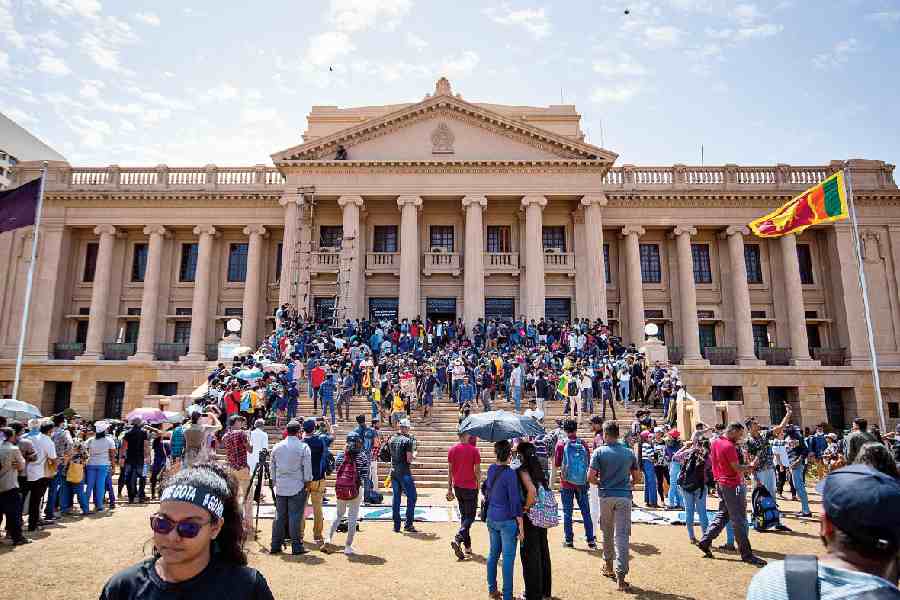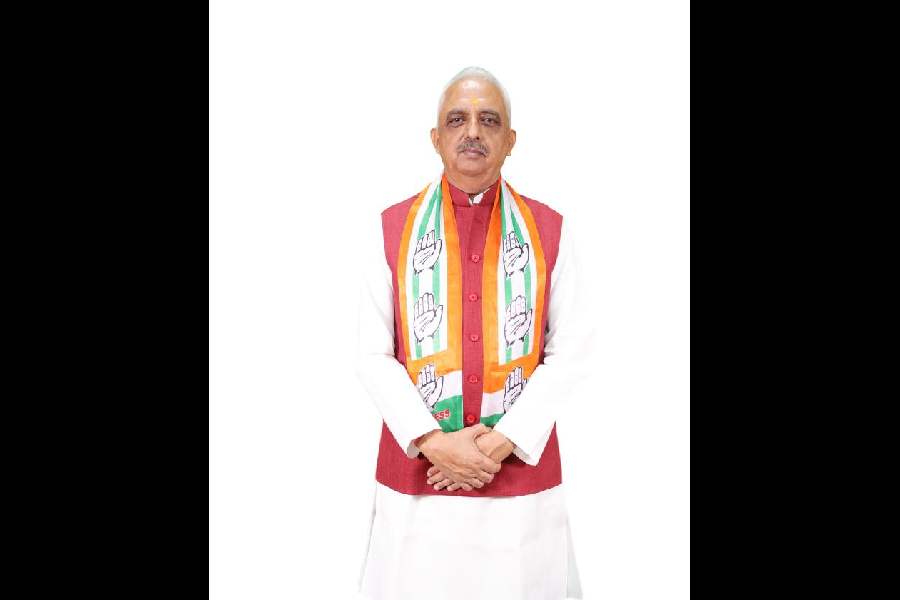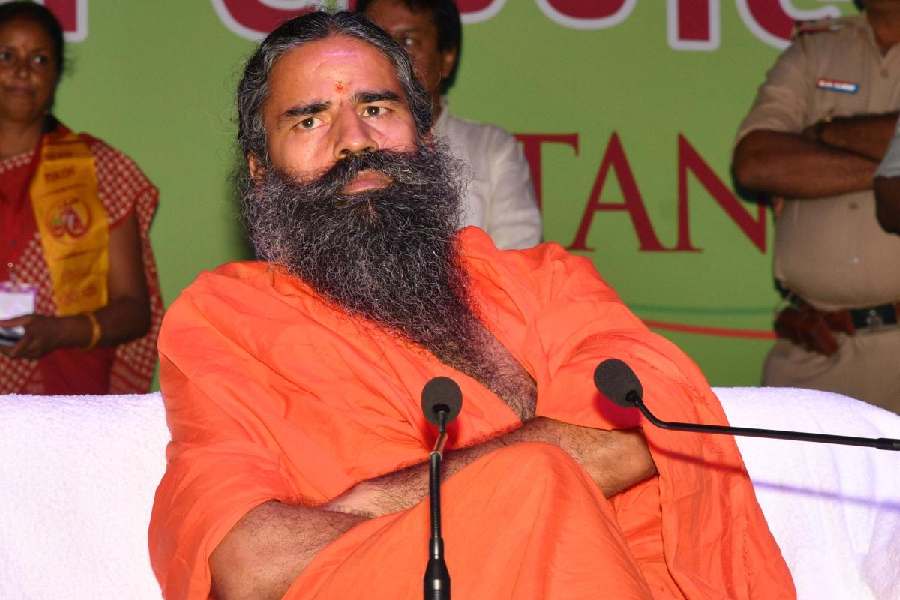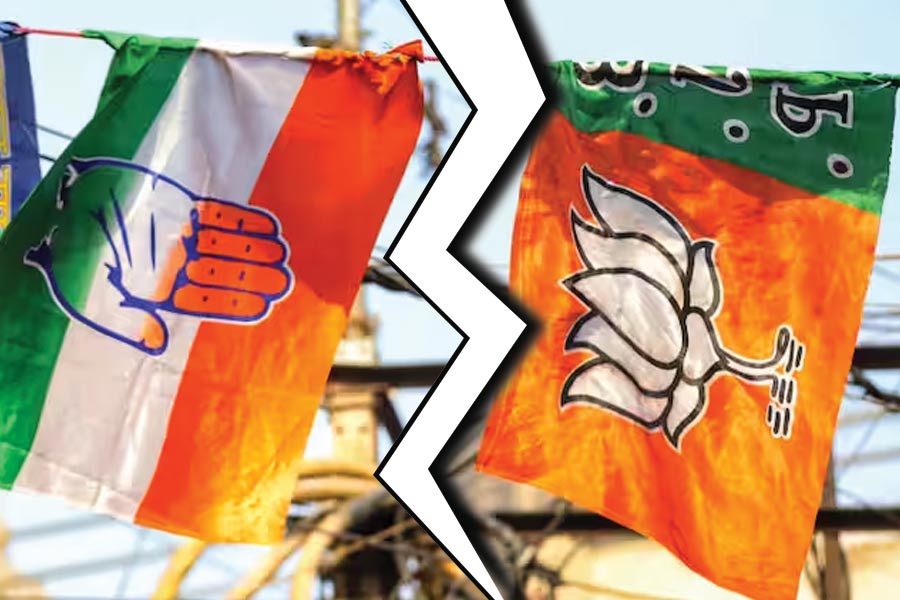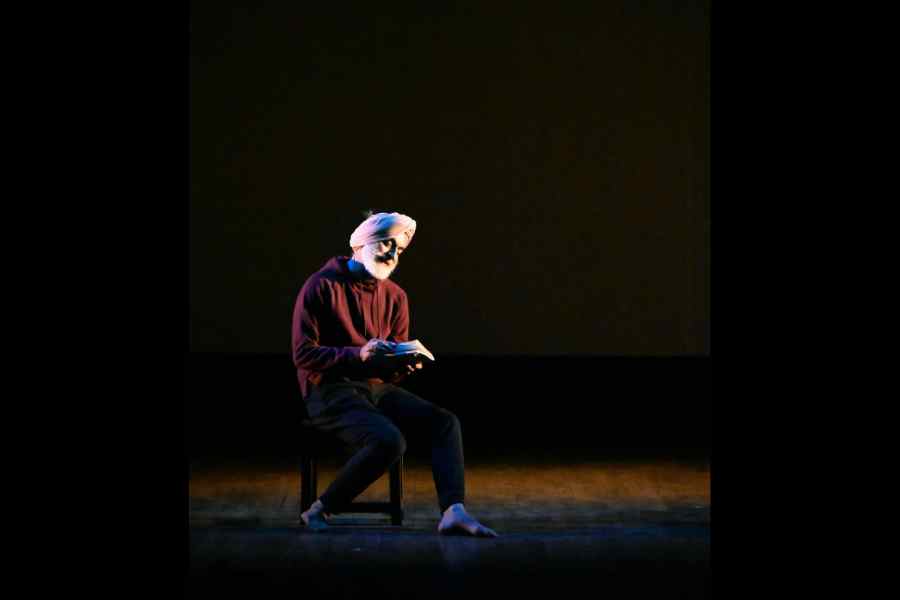Even in the darkest of times, Sri Lankans held on to their humour.
In 2022, when the island nation’s economy collapsed and the government announced a QR code system to ration gasoline, a meme spread online: “Scanning Fuel QR Code Now Makes You Forget Last Three Months.”
And when public anger forced the strongman President to flee his palace, with protesters venturing inside to fry snacks in his kitchen and jump into his pool, another meme captured the mood upon their departure: “We Are Leaving. The Key Is Under the Flower Pot.”
It is this kind of online expression, which helped fuel the largest citizens’ movement in Sri Lanka in decades, that activists and rights groups fear is now endangered.
They are concerned about a new law, the Online Safety Act, that gives the government wide-ranging powers to deem speech on social media to be “prohibited statements”. Under the law, a committee appointed by the President will rule on what is prohibited, and violations could bring penalties ranging from fines of hundreds of dollars to years in prison.
The public security minister, Tiran Alles, told Parliament that the legislation would protect against online fraud, the spread of false information and the abuse of women and children. But he also made clear its potential political applications, saying it could be used against those who insult members of Parliament on social media.
Sri Lanka is taking a page from other countries in the region that are increasingly policing what people say online, most notoriously Bangladesh, where a 2018 law known as the Digital Security Act has led to the imprisonment of activists and Opposition leaders.
The Sri Lankan law “is the newest weapon in the government’s arsenal of tools that could be used to undermine freedom of expression and suppress dissent”, said Thyagi Ruwanpathirana, a regional researcher for South Asia at Amnesty International, adding that the act was “ripe for misuse”.
The main impetus for the new law, analysts say, is the protest movement that toppled the government in 2022.
Political leaders want to make sure there is no repeat, the analysts say, a concern that persists as the movement’s goals remain largely unmet. While the powerful President, Gotabaya Rajapaksa, was forced out of office in 2022, little else changed at the top. The political elite has merely rearranged its seats, and Rajapaksa’s family-run political party has propped up a new President, Ranil Wickremesinghe, until the election later this year.
Wickremesinghe, a veteran politician, is trying to put the economy back in order, introducing difficult fiscal changes to improve the government’s balance sheet. But activists and rights groups say he has also gone after civil society leaders who were instrumental in the citizens’ movement.
“We saw many taking to social media to critique, to challenge and to push back on various state initiatives, so social media played a huge role in the people’s mobilisation,” said Bhavani Fonseka, a senior researcher at the Centre for Policy Alternatives, in the Sri Lankan capital, Colombo. “That gives new incentive for the government to bring in restrictions.”
Nalaka Gunawardena, a Colombo-based analyst, said that the political intentions of the new legislation were made evident by officials’ refusal to adjust it to better balance freedom of expression and the government’s concerns over online abuse.
In rushing through the legislation, Gunawardena said, the government rejected suggestions from media experts and rights activists who urged an exemption for those engaging in satire and parody.
New York Times News Service

